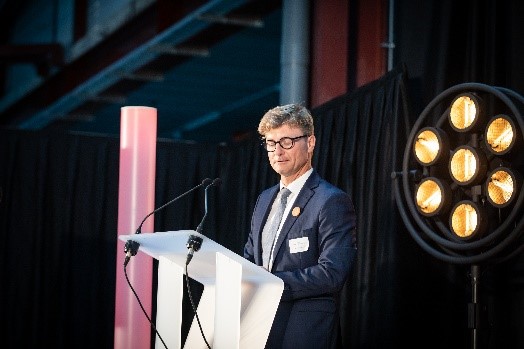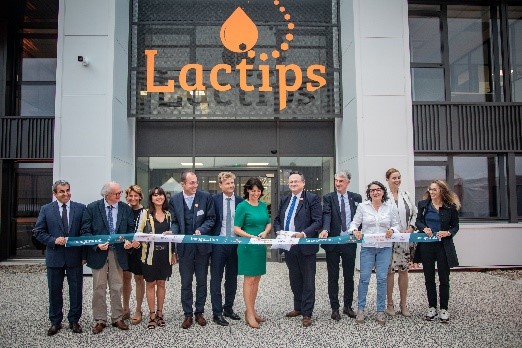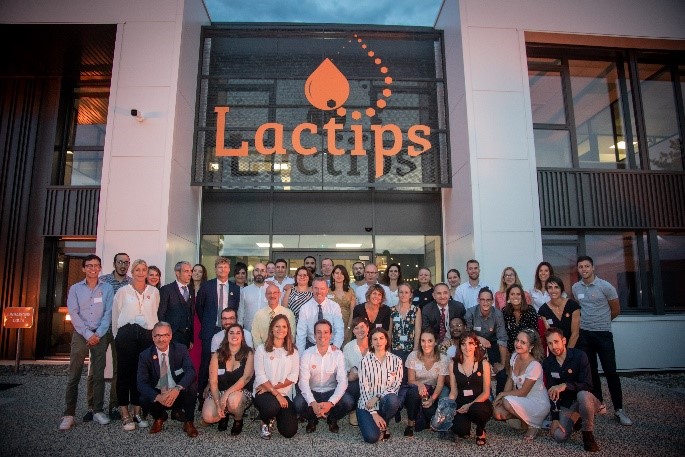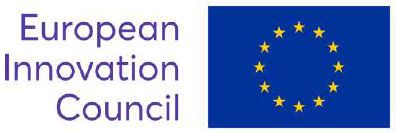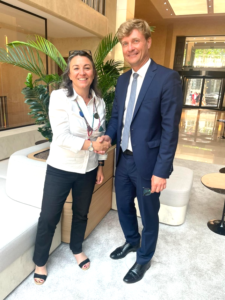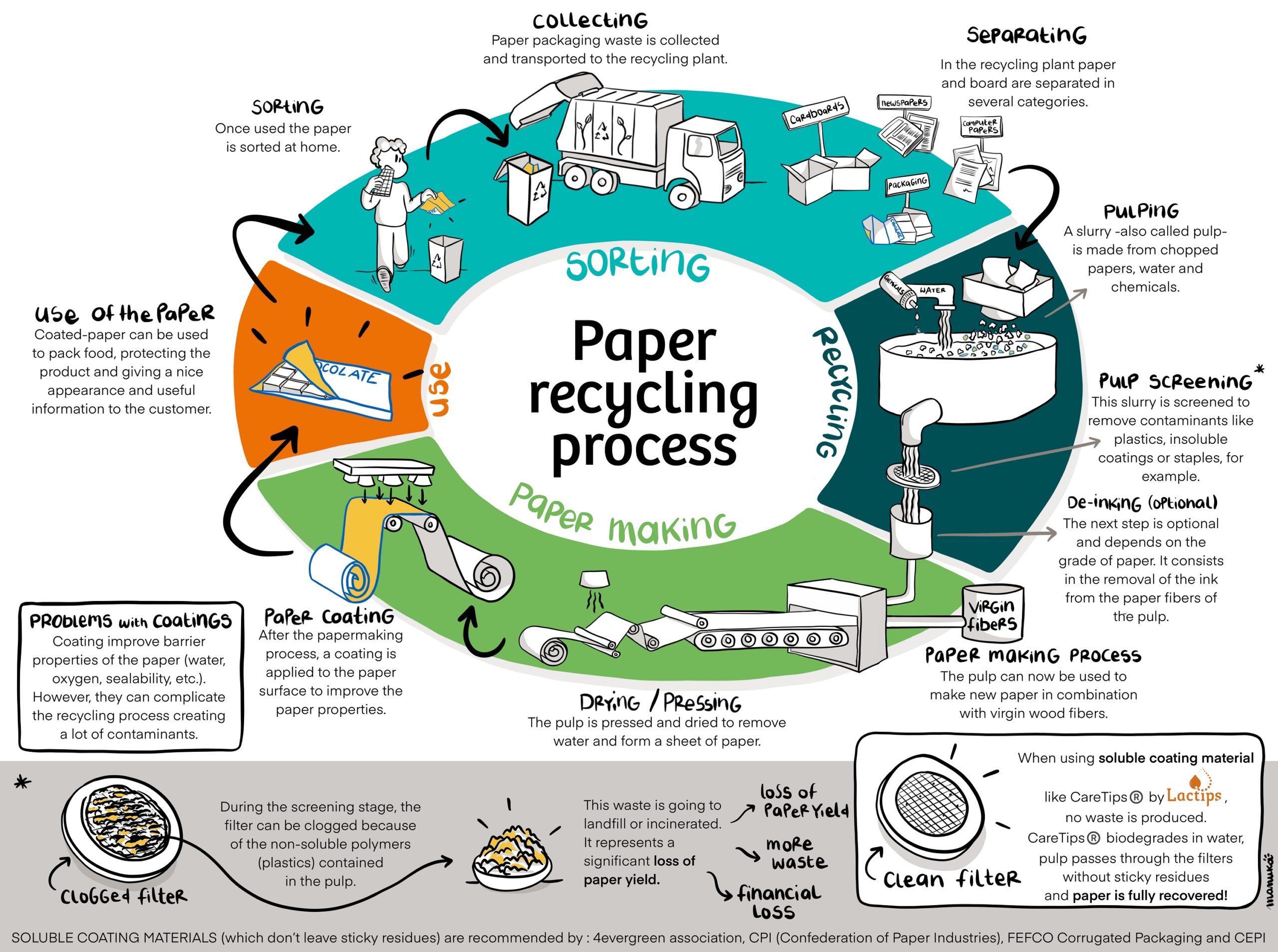Single Use Plastics Directive
Its real name is DIRECTIVE (EU) 2019/904 OF THE EUROPEAN PARLIAMENT AND OF THE COUNCIL of 5 June 2019 on the reduction of the impact of certain plastic products on the environment, however, it is commonly known as the Single Use Plastics (SUP) Directive.
The SUP Directive was first proposed to tackle single-use plastic products which are the most founded on beaches and fishing gear.
As stated in the Directive, ‘single-use plastic product’ means a product that is made wholly or partly from plastic and that is not conceived, designed or placed on the market to accomplish, within its life span, multiple trips or rotations by being returned to a producer for refill or re-used for the same purpose for which it was conceived;
According to this definition, the SUP Directive includes in its scope other products laminated with plastic, such as paper packaging and plates made of paper with a plastic layer (also known as coated paper).
All types of plastic are included in the scope of the Directive, even biobased and biodegradable plastics. Except from unmodified natural polymers, within the meaning of the definition of ‘not chemically modified molecules’ in point 40 of Article 3 of Regulation (EC) No 1907/2006 of the European Parliament and of the Council[1].
In the Single Use Plastics Directive we find the definition of plastic as:
What is a plastic?
A ‘plastic’ means a material consisting of a polymer as defined in point 5 of Article 3 of Regulation (EC) No 1907/2006, to which additives or other substances may have been added, and which can function as a main structural component of final products, with the exception of natural polymers that have not been chemically modified;
But what are “natural polymers that have not been chemically modified”?
Polymers that meet the following two conditions laid down in point (1) of Article 3 are exempt from the Directive:
- they qualify as natural polymers and
- they meet the requirement of having not been chemically modified.
I. What is a natural polymer?
The term natural polymer is defined in the ECHA Guidance as follows:
‘Natural polymers are understood as polymers which are the result of a polymerisation process that has taken place in nature, independently of the extraction process with which they have been extracted
What is a polymerisation process which takes place in nature?
Based on the REACH Regulation and the related ECHA Guidance, polymers produced via an industrial fermentation process are not considered natural polymers since polymerisation has not taken place in nature. Therefore, polymers resulting from biosynthesis through man-made cultivation and fermentation processes in industrial settings, e.g. polyhydroxyalkanoates polymer (PHA), are not considered natural polymers as not being the result of a polymerisation process that has taken place in nature.
This statement caused big controverse because these types of polymers have been considered as natural produced via biosynthesis in bacteria. However, the industrial process to produce PHA polymer is not a natural process although PHA polymer may be made through a natural bacterial process, the bacteria are placed under “stress” and are then “bursted”, hence according to the directive this cannot be catalogued as a natural polymer.[2]
II. What is not chemically modified?
Recital 11 of the Directive explains that the term not chemically modified molecules should be read in accordance with point (40) of Article 3 of the REACH Regulation, which states: ‘not chemically modified substance: means a substance whose chemical structure remains unchanged, even if it has undergone a chemical process or treatment, or a physical mineralogical transformation, for instance to remove impurities.’
Where changes in the chemical structure of a polymer result from reactions that are only taking place during the extraction process of a natural polymer (e.g. wood pulping process to extract cellulose and lignin), these are not considered to result in a chemical modification of the natural polymer in the meaning of point (1) of Article 3 and Recital 11 of the Directive.
Paper materials out of the scope of the Directive
Paper material resulting from the wood pulping process is not considered to be made of chemically modified natural polymers. This interpretation is also in line with the Impact Assessment accompanying the European Commission’s proposal for this Directive (hereafter, ‘the Impact Assessment’), in which paper-based products without plastic lining or coating have been identified as available, more sustainable, alternatives to single-use plastic products (5).
Casein as a natural polymer
CareTips material is mainly done from Casein. Casein is one of the oldest natural polymers, used for adhesives, dating back to thousands of years ago[3]. As with many other naturally-produced polymers, such as starch, tree gums, and clays, milk protein components exhibit excellent adhesive properties, and have been used as one of the major natural adhesive ingredients for thousands years, until the advent synthetic petroleum-based polymers.
- Polymerisation takes place in nature: The casein micelle itself is a heterogeneous polymer complex, made of different casein molecules, composed themselves of different amino acids molecules. Amino acids chain (polymerisation) process takes place in nature, in the cow organism.
- Extraction process: as stated in the definition the status of natural polymer is independent of the extraction process. There are several methods to extract the casein from milk. Acidification or enzymatic coagulations are generally used, followed by mechanical processes.
- Not chemically modified: The production process of CareTips® is a thermo-mechanical process. No chemical modification takes place. Hence, the natural polymer remains chemically untouched.
In this sense, Lactips material (CareTips®) is considered as a natural polymer, and not a plastic. Hence, Lactips has launched Plastic Free Paper: the first paper packaging solution that is free from plastic or controversial substances and fully recyclable and compostable, which complies completely with the SUP Directive.
Innovation developed in collaboration with the eco-organization CITEO to rethink the world of packaging, while ensuring full control over their end-of-life, food preservation and food safety
Plastic Free Paper: the only coating solution to replace plastics and chemical treatments for sealable packaging papers, a barrier to oxygen, fats and mineral oils.

Plastic-free coating of paper packaging
[1] DIRECTIVE (EU) 2019/904 OF THE EUROPEAN PARLIAMENT AND OF THE COUNCIL of 5 June 2019 on the reduction of the impact of certain plastic products on the environment
[2] https://bioplasticsnews.com/2021/06/01/eu-guidelines-sup-directive/


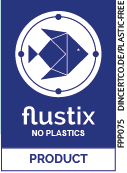
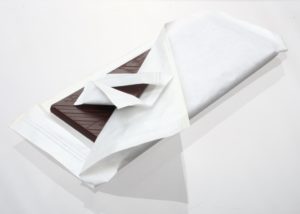

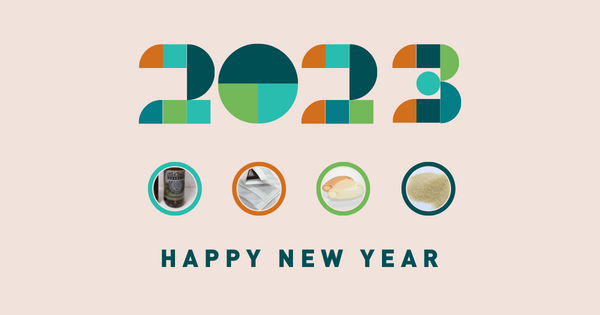
 (c) Copyright All4Pack
(c) Copyright All4Pack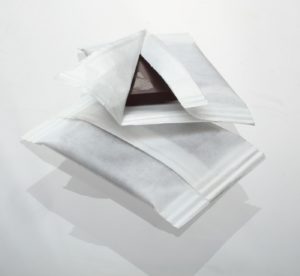 Plastic-free coating of paper packaging
Plastic-free coating of paper packaging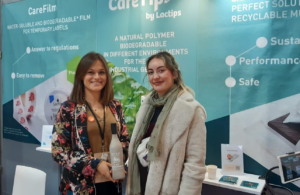 Presentation of the plastic-free label for the deposit in collaboration with Gren Gen Bottle
Presentation of the plastic-free label for the deposit in collaboration with Gren Gen Bottle